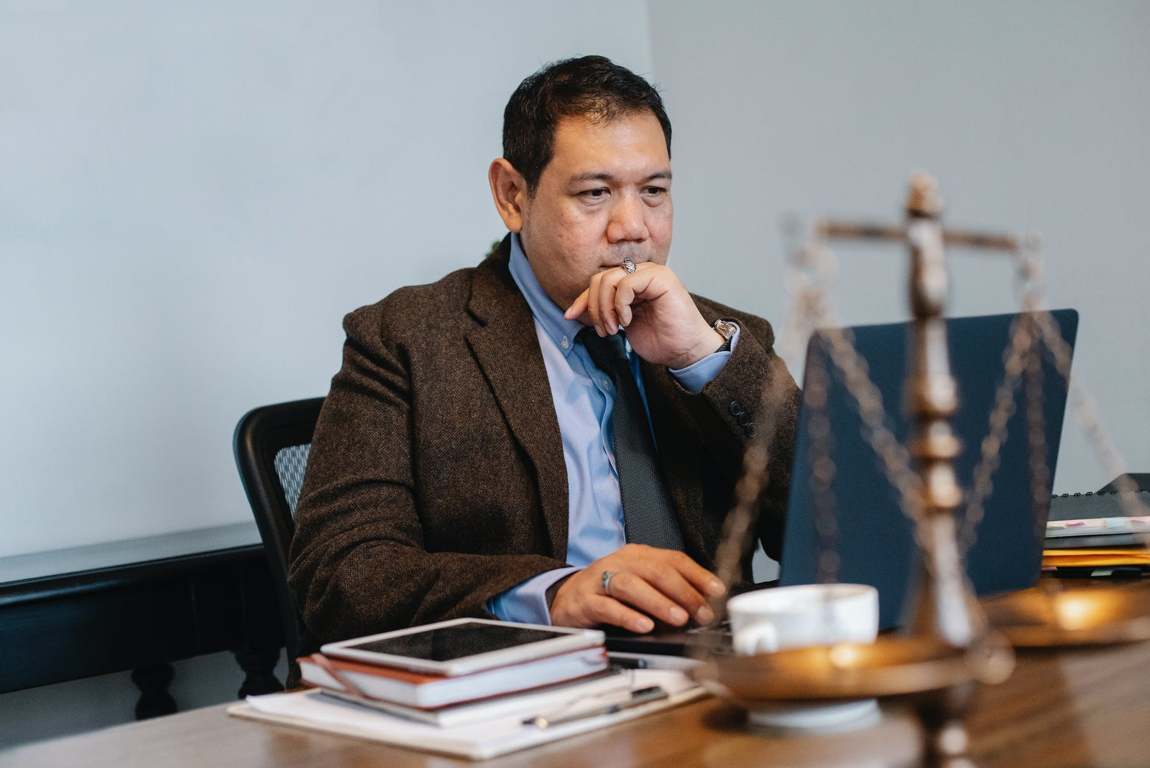Navigating tribal law, with its unique blend of traditional customs and modern legal principles, underscores the critical role of specialized legal representation.
For Native American individuals and communities, the vast and intricate web of tribal law presents a unique set of challenges and opportunities. At its core, tribal law is about the application of sovereign rights and the administration of justice, and it stands as a crucial component of indigenous identity, autonomy, and development. However, this complex legal landscape requires a deep understanding and special expertise to maneuver effectively.
This article is intended to elucidate why, when it comes to tribal law, expert legal representation is not just an asset but a critical necessity. We’ll explore the specifics of tribal law, including its intersection with federal and state jurisdictions, highlight the common legal issues facing Native Americans today, and provide insights into how the right legal counsel can make all the difference in advocating for the rights and interests of Indigenous peoples.
The Distinct Nature of Tribal Law
Tribal law is the body of laws and regulations that govern Native American tribes and their members. This includes areas such as criminal law, civil law, family law, and business law, all of which intersect with the unique status of tribes as sovereign entities within the United States.
However, tribal law is distinct from state and federal law in several key ways. First, it is based on tribal customs and traditions, setting it apart in its cultural underpinnings. Second, tribal governments have the authority to create, interpret, and enforce tribal laws, which aligns with their status as sovereign nations. Finally, the relationship between tribal, federal, and state law can be intricate, often requiring a deep understanding of legal precedents and statutes that are unique to tribal legal systems.
Why Legal Representation is Vital
Navigating the complexities of tribal law can be arduous for anyone, but for those without specialized legal training, it can be an insurmountable barrier. This is particularly true for legal matters that span multiple jurisdictions, necessitating a comprehensive understanding of tribal, state, and federal laws.
Having expert legal representation is important for several reasons. First and foremost, lawyers with expertise in tribal law can provide invaluable guidance on the most effective courses of action. This includes identifying which laws apply to a given situation, assessing the legal risks associated with different options, and devising strategies to achieve the desired outcome.
Additionally, skilled legal representation can help to bridge the gap when tribal law intersects with state and federal systems, ensuring that the rights and interests of Native Americans are protected within the broader legal framework. Lawyers with this expertise are also more likely to understand the cultural sensitivities and historical context that may be central to a legal issue, enabling them to provide more nuanced and effective representation.
Common Legal Issues for Native Americans
Native Americans today face a plethora of legal issues that span across various domains, including but not limited to, land and water rights, child welfare, criminal jurisdiction, and voting rights. Land disputes, in particular, have been a historical battleground, with many cases focusing on treaty rights and land claims. The Indian Child Welfare Act (ICWA) also highlights significant legal considerations, aiming to protect the best interests of Native American children and preserve their cultural heritage. Additionally, the question of criminal jurisdiction on tribal lands presents complex legal dilemmas, complicated further by the Violence Against Women Act (VAWA) that allows tribes to prosecute non-Native offenders in certain cases. Voting rights for Native Americans have also come under scrutiny, with challenges related to voter ID laws and access to polling places on reservations. Each of these issues underscores the vital need for knowledgeable legal counsel familiar with the nuances of tribal law.
The Benefits of Specialized Legal Counsel
When it comes to tribal law, one size does not fit all, and the importance of specialized legal counsel cannot be overstated. Legal experts who focus on tribal law bring a depth of knowledge and experience that is simply not available from attorneys who do not specialize in this field.
Lawyers with expertise in tribal law can anticipate challenges that may arise and develop proactive strategies to address them. Their understanding of the unique legal status of tribes and the history that underpins it allows them to provide a holistic approach to legal representation, one that encompasses both the legal and cultural aspects of a case.
Furthermore, specialized legal counsel provided by companies like The Ching Law Firm, PLLC can act as a bridge between tribal members and the legal system, helping to demystify the process and ensuring that their clients have a voice within that system. This is particularly important given the historical inequalities that have shaped the interaction between Native Americans and the legal framework within which they operate.
Wrapping Up
Navigating tribal law, with its unique blend of traditional customs and modern legal principles, underscores the critical role of specialized legal representation. For Native American communities, the stakes are high, as legal battles can affect everything from the preservation of their cultural heritage to the protection of their lands and natural resources. Expert legal counsel not only provides the necessary guidance through the maze of tribal, state, and federal laws but also ensures that the voice of Indigenous peoples is heard and respected within the legal system. In this way, adept legal representation serves not just as a shield, defending the rights and interests of Native American communities, but also as a beacon, guiding them towards a future where their sovereignty and traditions are fully recognized and honored.

